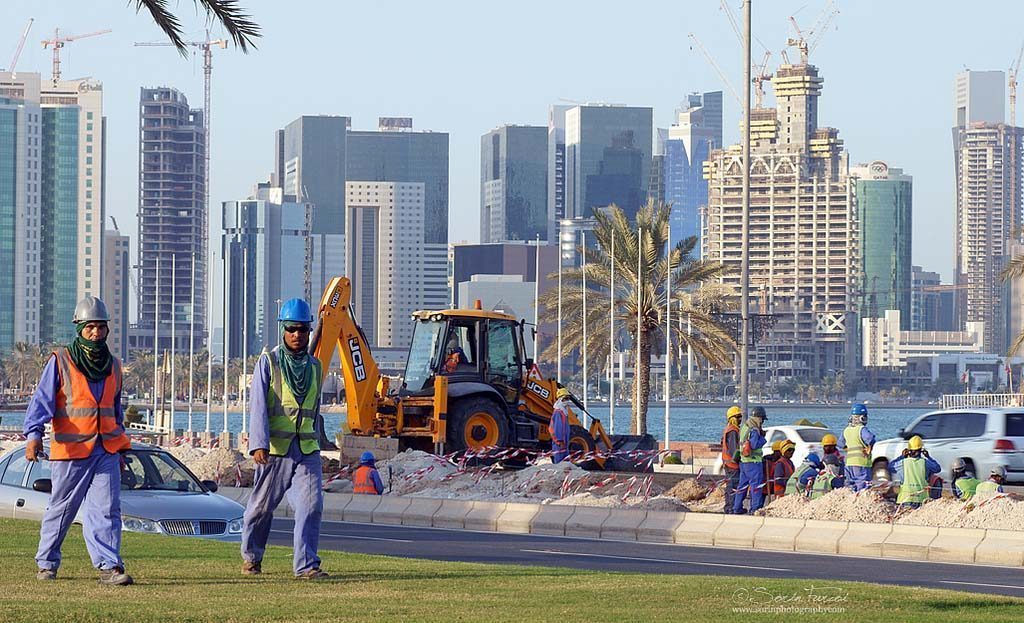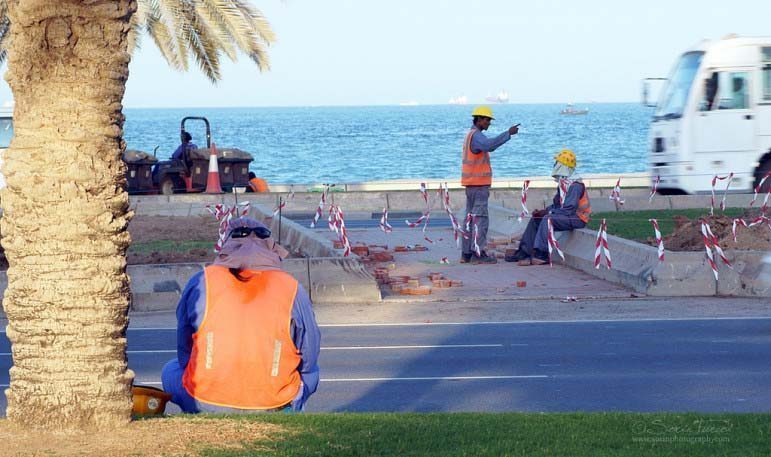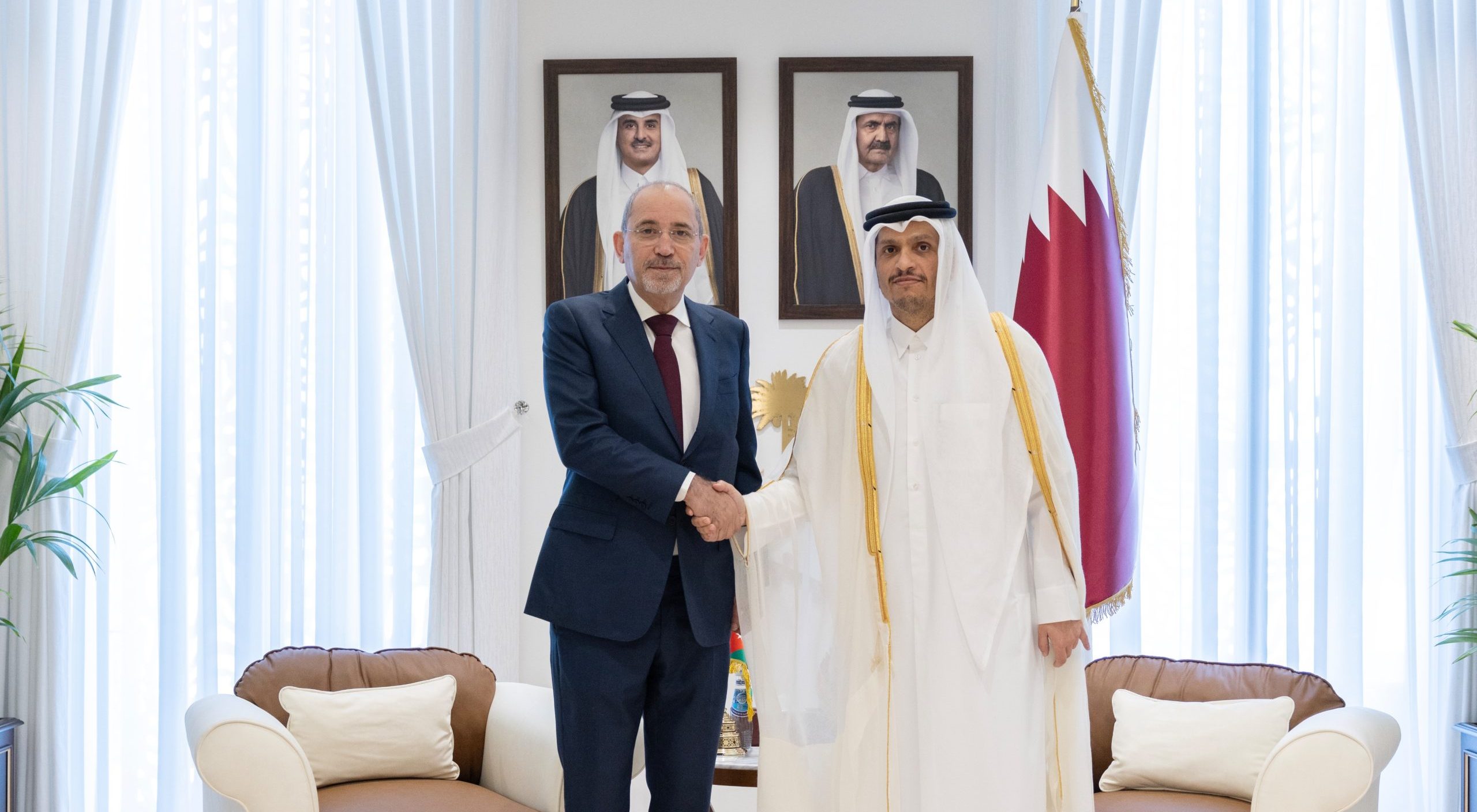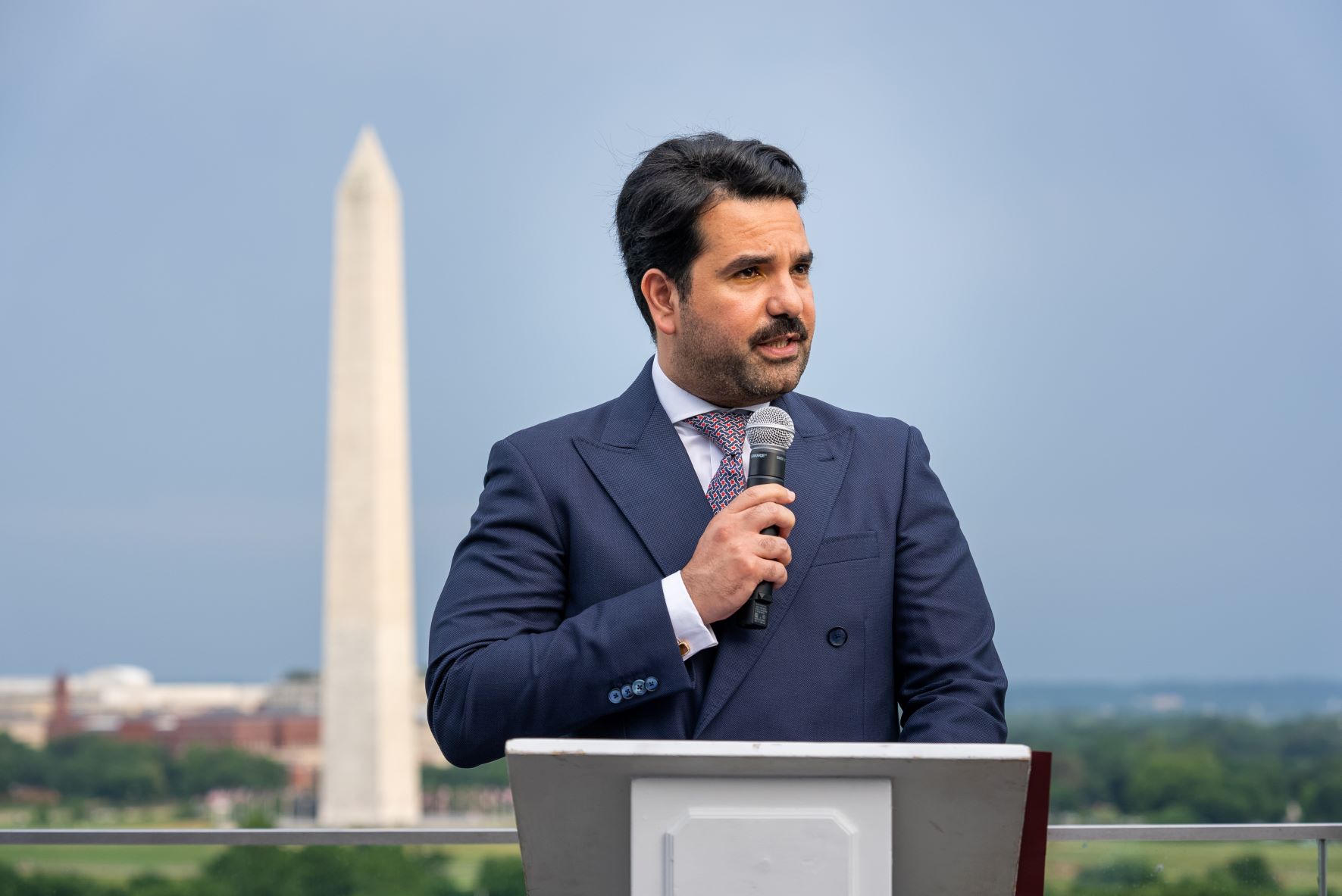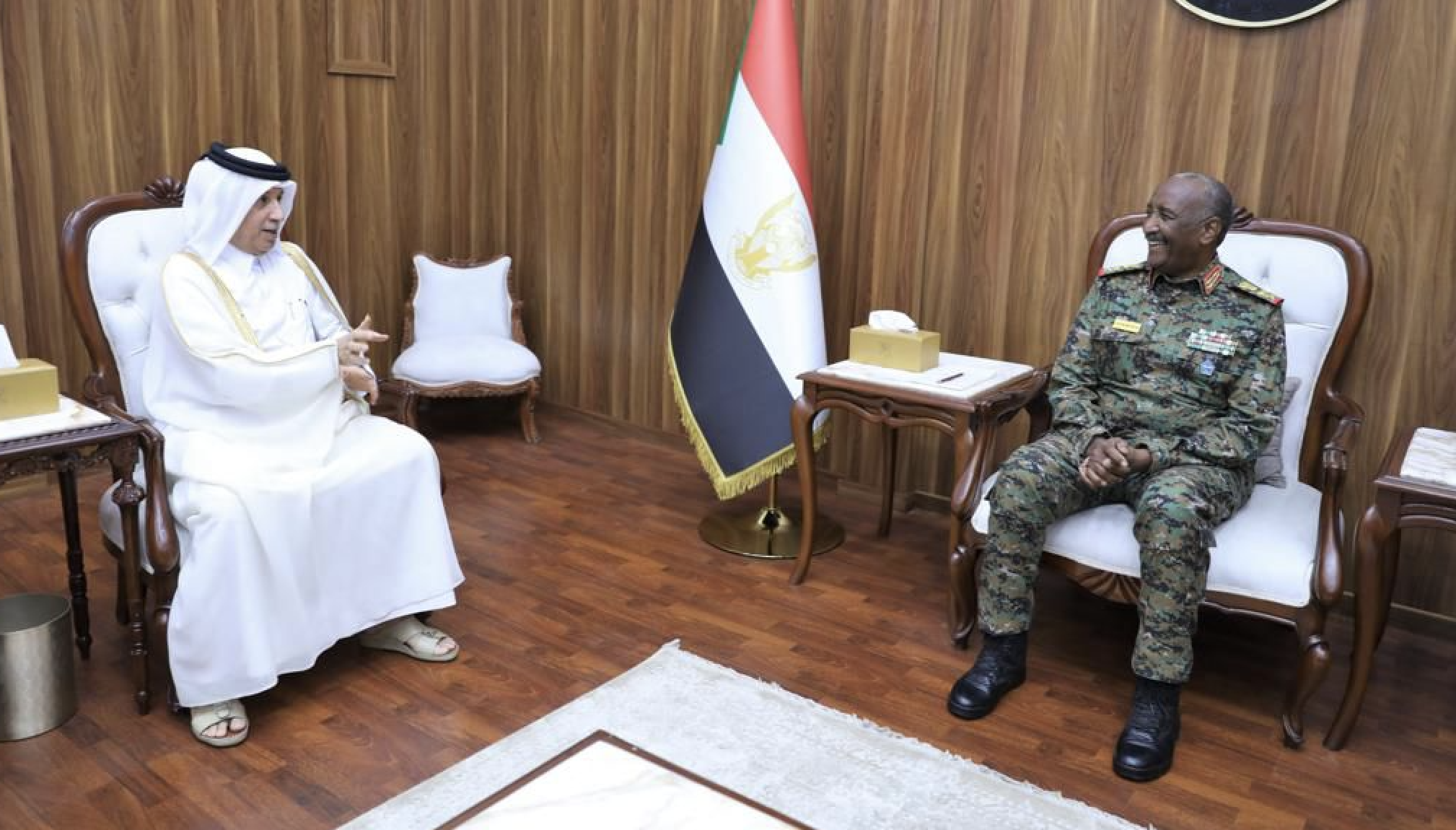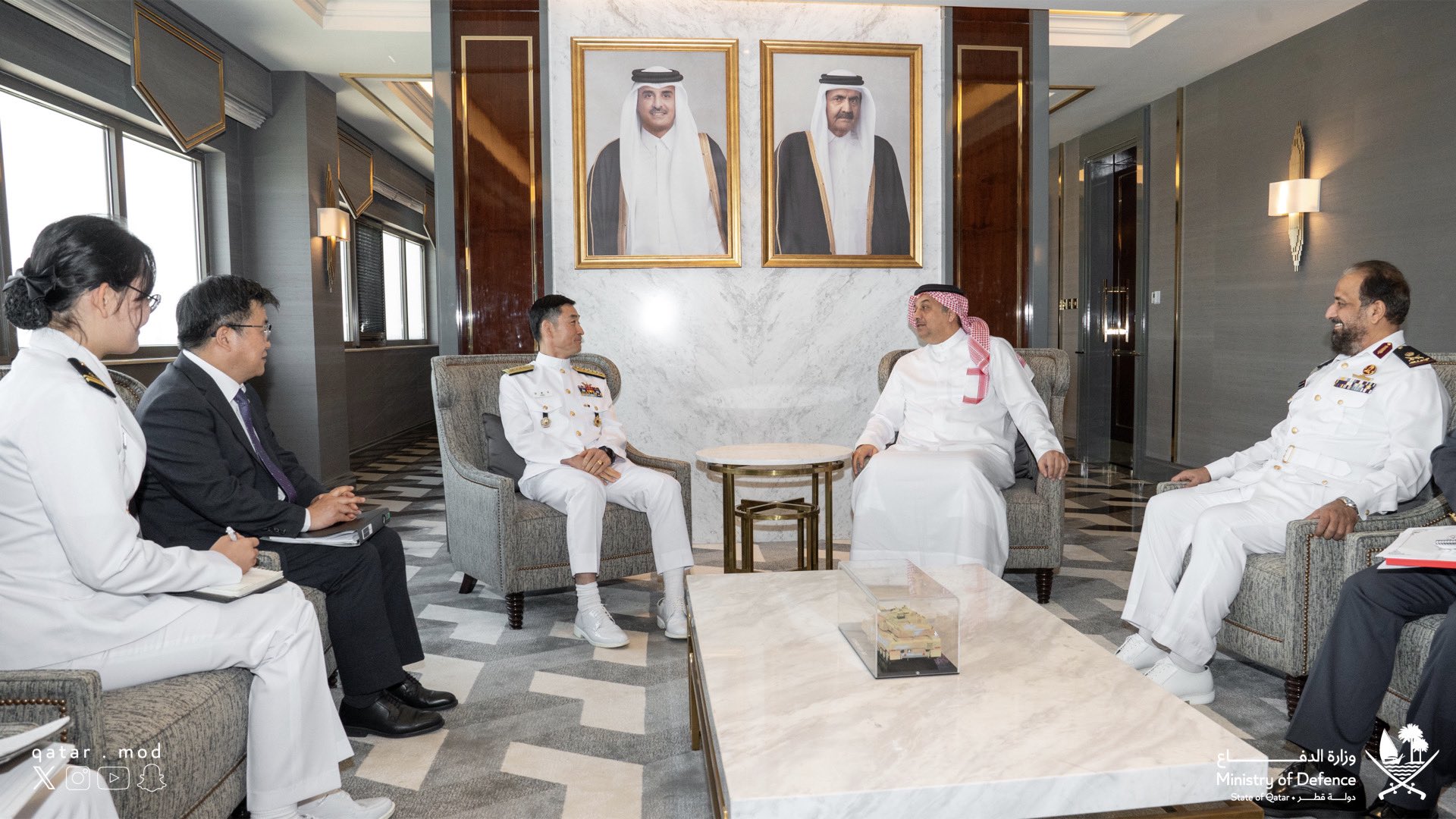The United Nations body tasked with monitoring the humans rights of migrants will make its inaugural visit to Qatar next week.
Amid numerous media reports about labor violations here, UN special rapporteur François Crépeau is scheduled to visit the country from Nov. 3 to 10 to assess the living and working conditions of low-income expats.
“Qatar has the highest ratio of migrants to citizens in the world,” Crépeau said in a statement, estimating that approximately 88 percent of the country’s population are foreign nationals, most of whom are employed in construction, the service industry and domestic work.
His eight-day itinerary includes meetings with government officials responsible for migration and labor, representatives from the expats’ countries of origin as well as migrants themselves. Crépeau, a law professor at McGill University in Canada, also plans to visit a prison and a migrant detention center, UN officials said.
Increasing scrutiny
His mission comes one month after a delegation led by international trade union BWI visited Qatar and called on the government to do more to protect the rights of migrant workers by allowing them to form unions, banning companies from withholding employees’ passports and abolishing the kafala sponsorship system, among other measures.
Qatar’s human rights record is increasingly coming under scrutiny as the country ramps up construction ahead of the 2022 World Cup, which is expected to require roughly 1.5 million expats to move to Qatar to work on tournament-related projects.
In response to recent criticism, Qatari labor officials pledged to hire more translators and increase the number of inspectors from 150 to 250 in an effort to better enforce existing laws protecting workers.
Crépeau is scheduled to hold a press conference on the final day of his visit and table a full report to the UN Human Rights Council in June 2014.
Thoughts?

